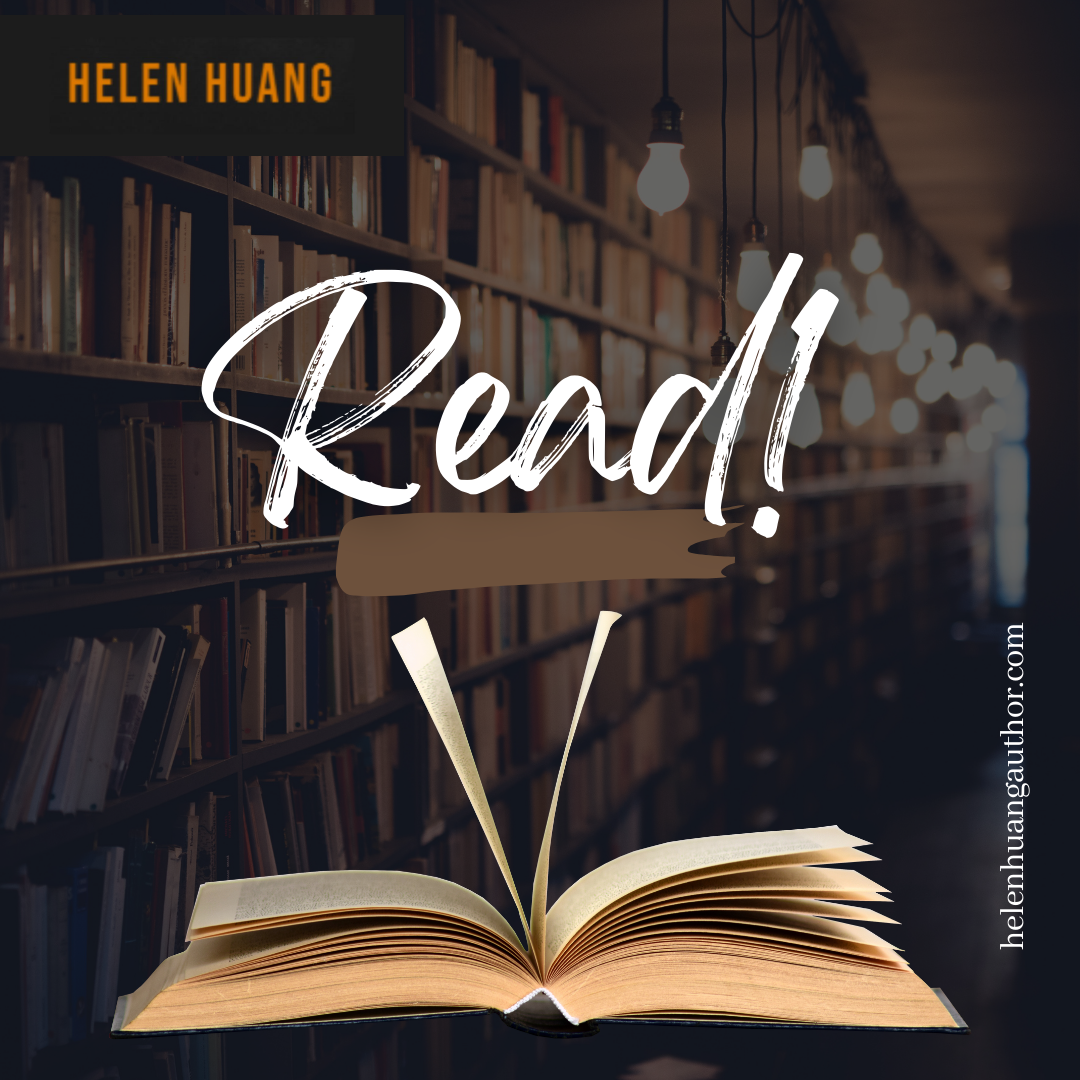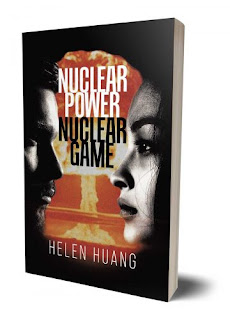Helen Huang: From Nuclear Scientist to Political Thriller Novelist
Helen Huang is an Australian author whose compelling storytelling and unique life experiences have made her a notable figure in contemporary literature. Born and raised in Shanghai, China, Huang's journey from a nuclear scientist to a novelist is as intriguing as the plots of her books. Her debut novel, Nuclear Power Nuclear Game, is a political thriller that delves into the complexities of nuclear proliferation and the human stories intertwined with global politics.
Early Life and Career
Growing up in Shanghai, Huang pursued a career in nuclear science, working at a nuclear institute in China. Her professional background provided her with an in-depth understanding of the nuclear industry, particularly within the context of China's political landscape. This experience became the foundation for her literary work, offering readers an insider's perspective on a subject often shrouded in secrecy and speculation.
After moving to Melbourne, Australia, Helen Huang author found the freedom to express her thoughts and reflections on her past experiences. The contrast between her life in China and Australia highlighted the importance of freedom of expression and the impact of political regimes on individual lives. This realization inspired her to channel her experiences into writing, aiming to shed light on the intricacies of nuclear politics and the personal stories often overshadowed by geopolitical narratives.
Nuclear Power Nuclear Game: A Political Thriller
Published in 2021, Nuclear Power Nuclear Game is Huang's first novel, blending elements of political intrigue, romance, and historical fiction. The story follows Zoe, a Chinese-American nuclear scientist, whose life takes a dramatic turn when she becomes entangled in the Chinese Communist Party's nuclear ambitions. Set against the backdrop of the Cold War, the novel explores themes of loyalty, identity, and the moral dilemmas faced by individuals caught between conflicting ideologies.
Huang's narrative is enriched by her firsthand knowledge of the nuclear industry and her personal experiences under a communist regime. This authenticity adds depth to the story, providing readers with a nuanced understanding of the challenges faced by those working within politically charged environments. The novel has been praised for its realistic settings, complex characters, and its ability to weave historical facts into a gripping narrative.
Themes and Literary Significance
One of the central themes in Huang's work is the exploration of personal freedom and the impact of political systems on individual lives. Through her protagonist, Zoe, Huang examines the sacrifices made by those who dare to challenge authoritarian regimes and the personal costs of standing up for one's beliefs. The novel also delves into the ethical implications of scientific advancements, particularly in the field of nuclear energy, and the responsibilities of scientists in shaping the future.
Huang's contribution to literature is significant, particularly in the realm of political thrillers. As a female author writing in a genre traditionally dominated by male voices, she brings a fresh perspective and a unique voice to the table. Her work not only entertains but also educates, prompting readers to reflect on the complex interplay between science, politics, and human values.
Future Endeavors
Building on the success of her debut novel, Huang is currently working on a sequel titled Nuclear Shadow Nuclear Dawn. This continuation aims to further explore the themes introduced in her first book, delving deeper into the global implications of nuclear politics and the personal stories that unfold within this context. Through her writing, Huang continues to shed light on critical issues, encouraging discourse and reflection among her readers.
Conclusion
Helen Huang's journey from a nuclear scientist in China to a novelist in Australia is a testament to the power of storytelling and the importance of diverse voices in literature. Her work offers a rare glimpse into the world of nuclear politics, enriched by personal experience and a deep understanding of the subject matter. As she continues to write and share her stories, Huang stands as a compelling figure in contemporary literature, bridging the gap between complex global issues and the human experiences at their core.




Comments
Post a Comment